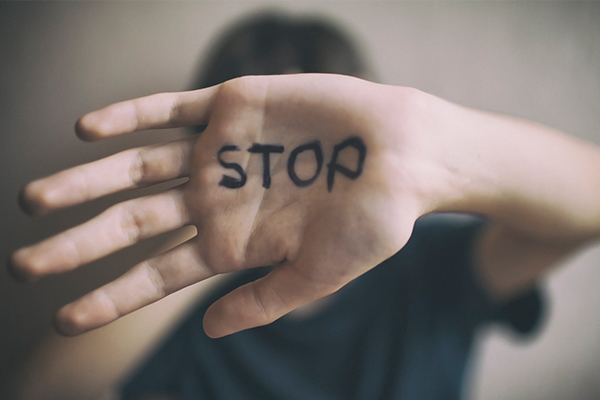Victim Survivor Advocacy
Purpose
The Center for Campus Wellness is the home for the University’s confidential Victim-Survivor Advocacy (VSA) program. VSAs provide free, confidential and trauma-informed support services to students, faculty, and staff who have experienced violence, abuse or harm.
We believe in empowering you to make informed decisions around your healing and justice. We will assist you in navigating any resources, processes, and/or services that feel relevant and helpful to you.

Services We Provide
Academic Support
Trauma and safety issues greatly impact a survivor's learning, focus, memory, communication, and sense of safety in school. Our advocates identify these effects and help navigate the necessary steps for academic success.
Campus & Community Resources
Our advocates connect survivors with campus and community resources for wellness, healing, and justice. Ask us anything—if we can't assist directly, we'll find the right support for you!
Education
Understanding trauma's impact on wellness empowers survivors. Our trained advocates explain how it affects your mind, body, and spirit.
University Employee Support
Trauma and safety issues can have a huge impact on work. Our advocates can assist with identifying impacts and helping navigate any communication or processes needed to succeed at work.
Information & Support for Reporting
Our advocates can guide you through reporting to the police or the University of Utah Title IX office. If you choose to report, they will support you throughout University, criminal, and civil processes, offering guidance, advocacy, and steadfast support.
Medical & Mental Health Referrals
Our advocates have a network of mental health and medical professionals on campus and in the community and can get you connected.
Safety Planning
If safety on campus or in the community worries you, our advocates can assist in creating a personalized plan to avoid danger and know how to react and seek help if needed.
Secondary Survivor Resources
Interpersonal violence affects not only survivors but also their friends, family, and loved ones. Our advocates offer guidance and referrals for secondary survivors, helping them support their loved ones and prioritize their own well-being.
What to Expect
Step 1:
Request appointment
Once you request an appointment, we will contact you within 2 business days using your preferred contact method to schedule an intake appointment. We will provide you with available times when an advocate is free, and you can choose the time that suits you best.
Step 2:
Email confirmation
The advocate will email you to confirm your appointment and provide a link to our intake/confidentiality form. For Zoom meetings, the email will also include a Tele-Advocacy agreement form and a link to join the session.
Step 3:
A private talk
You and your advocate will talk about the impacts of violence, abuse or harm on your safety, wellness, and academics and help you make a plan for how you can move forward with justice and healing.
Step 4:
Explore options
We will never tell you what to do, rather, we will explore all of the options and resources available to you so that you can feel empowered to make the decisions that work best for you.
Mandatory Reporting
Under university policy, most employees must report sexual misconduct and discrimination to the Office of Equal Opportunity and Affirmative Action (OEO/AA). While these matters are sensitive, we prioritize your privacy, safeguarding it in line with University of Utah policy and FERPA. You retain the right to decide whom you confide in, what information you share, and when and how you seek assistance. Information disclosed to OEO/AA is considered confidential and will only be disclosed to relevant university personnel on a strict need-to-know basis.
Please note that Victim-Survivor Advocates are a confidential resource, and are not required to report information to the OEO/AA.
